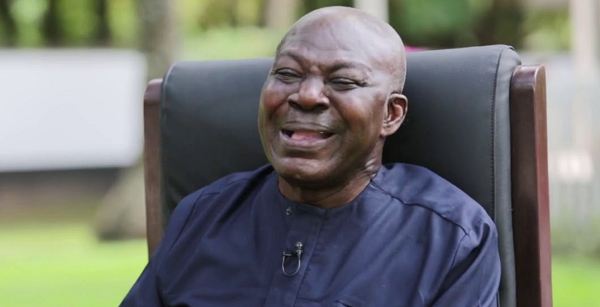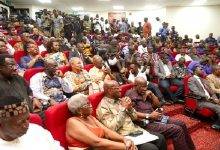
The President of the Council on Foreign Relations-Ghana, Daniel Osei, has advocated liberal democratic governance across the globe to reflect the needs of society to ensure sustainable progress, growth and development.
“Liberal democracy today and its discontents reflect the danger of viewing society in static mode and the dynamic changes that societies undergo at any period affect the way political systems work,” he cautioned.
Mr Osei made this known at a lecture organised by the University of Ghana Alumni Association on the topic: ‘Liberal Democracy-The New Utopias and the Age of Disorder’.
He observed that there was no liberal democracy that was not facing challenges and attributed that to the disconnection between the citizenry expectations for participation and a changing definition ofthe power of decision-making.
“Historically, once governments are elected, they are empowered to take decisions, assessed every four to five years, however, with the advent of social media, the speed of dissemination of information and disinformation, burgeoning groups are competing with governing elites, while nationalists and religious fundamentalists are subverting liberal democracies and remaking nation states in their own images.
“At the multilateral level, governments no longer enjoy the latitude of negotiating abroad on global thematic issues, implementing them at home, liberal democracies today need to find ways of engaging and consulting their citizens to be assured of buy-in for implementation after signature.
“Statistics show that the majority of elected politicians globally do not represent the aspirations and needs of their people, it is imperative for governments globally to be assertive and respond to the hopes and aspirations of their citizens,” Mr Osei postulated.
He explained that it was critical because the political governance system hugely impacted progress, growth and development and urged constitutional reforms, strengthening of anti-corruption institutions, and efforts to increase women and youth participation in the governance structure.





